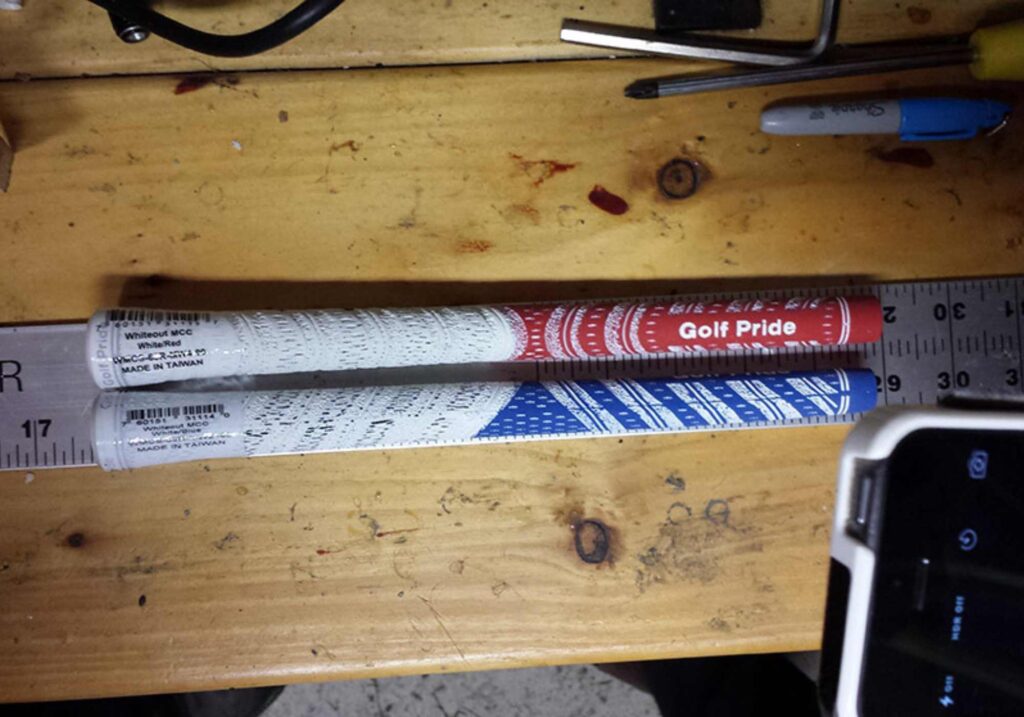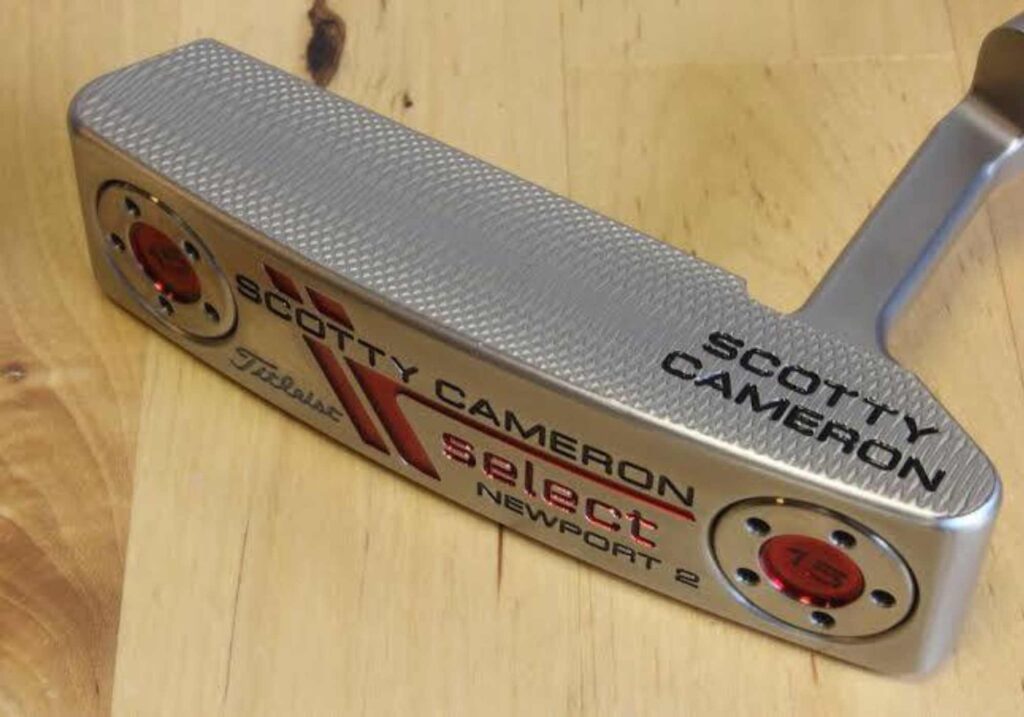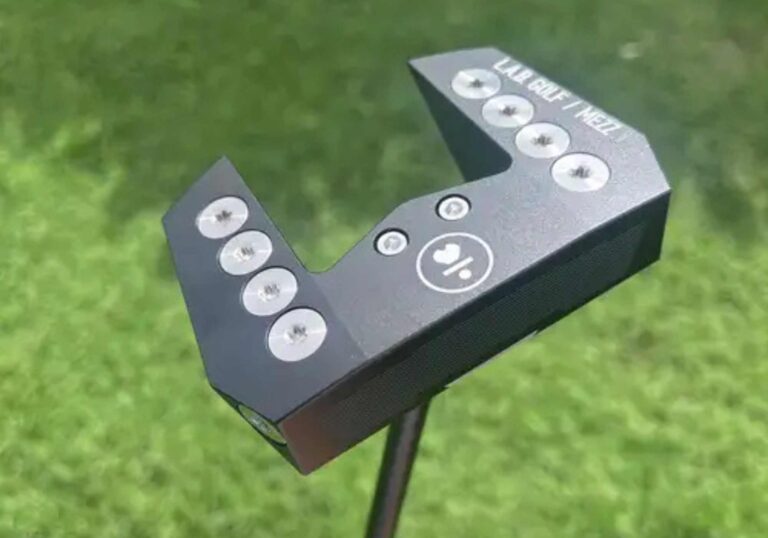It’s easy to see the appeal of knock-off golf clubs or equipment. The pictures look convincing, the price is unbeatable, and the seller swears it’s “just like the real thing.” But while the idea of getting a top brand for a fraction of the cost sounds good, the reality is rarely worth it.
Here’s why you should think twice before clicking “buy” on that suspiciously cheap driver, putter, or set of irons.
Quality and performance
Knock-off clubs are made to look like name brands, but the materials, craftsmanship, and tolerances are almost never the same. A genuine driver might use premium titanium, advanced carbon fiber and precise manufacturing to ensure every head performs the same. A knock-off could be made with lower-grade metals or composites that don’t deliver the same ball speed, forgiveness, or consistency.
That means you’re not just risking a few lost yards. You could be dealing with unpredictable ball flight, poor feel, or even heads that crack or cave in after a few rounds.
Safety concerns
Golf clubs are designed to withstand high swing speeds and repeated impacts. Reputable brands test their clubs extensively to make sure they’re safe to use. Knock-offs often skip these quality checks, which can lead to dangerous failures. There have been cases where counterfeit driver heads have broken at impact or shafts have snapped under normal use.
The same applies to golf balls. Cheap imitations can have inconsistent cores, poor cover durability, and unpredictable flight. A ball that feels fine off the tee might spin wildly with your wedges or cut easily on a cart path.

Lack of proper fitting
One of the biggest advantages of buying from a trusted brand or fitter is the ability to get clubs suited to your swing. Knock-offs typically have stock, one-size-fits-all shafts and grips that may not even match the stated flex or weight. If you’ve ever been fit for a driver and gained distance or accuracy from the right shaft, you know how big a difference this can make.
With knock-offs, even if the head shape looks the same, the performance is a different story.
No warranty or support
If a legitimate club breaks, you can work with the manufacturer or retailer for a repair or replacement. With a knock-off, you’re on your own. Most counterfeit sellers disappear quickly or operate under different names, making it impossible to get help.
You’re also missing out on brand-specific services like custom builds, loft and lie adjustments, or trade-in programs.
Ethics and legality
Buying knock-offs supports counterfeit operations that often operate illegally and without regard for labor laws, environmental regulations, or fair business practices. It also hurts the golf industry, from the brands who invest in research and development to the fitters and retailers who rely on legitimate sales.

The hidden cost
While the sticker price of a knock-off might be lower, the real cost often ends up higher. If a driver head cracks after two months, you’re buying another one. If your knock-off irons don’t perform, you might lose confidence in your game and end up replacing them anyway.
Instead of spending $200 on a fake $600 club, you could put that money toward:
- Last year’s genuine model at a discount
- A certified pre-owned club from a reputable retailer
- A fitting session to get the right specs for your swing
Spotting knock-offs
Knock-offs have gotten better at looking authentic in photos, but there are still signs to watch for:
- Prices far below retail with no clear reason (like clearance or older models)
- Sellers without a physical store or reputable online presence
- Slight differences in logos, paint colors, or head shapes
- Poor packaging or missing authenticity labels and serial numbers
If in doubt, compare the listing to the manufacturer’s official product photos or ask a trusted pro shop for advice.
A better way to save
If budget is the main concern, there are safer ways to get quality gear without overpaying:
- Buy used from trusted sources like PGA Tour Superstore, GlobalGolf, 2nd Swing, or Golf Galaxy
- Check for sales on previous-year models from the same brand
- Look for certified pre-owned programs directly from manufacturers
- Consider lesser-known but reputable brands that offer good value
These options give you the benefit of real quality, proper specs, and some level of warranty or return policy.
Final thoughts
A great deal on a golf club is only great if the club actually performs and lasts. Knock-offs might look the part in pictures, but they fall short where it matters most: performance, safety, and support. With so many legitimate ways to get high-quality gear at a fair price, there’s no reason to risk your money or your game on fakes.
Let’s hear from you
Have you ever come across a golf club deal that seemed too good to be true? Did you buy it, and what happened? Share your experiences and how you spot the difference between a real bargain and a risky knock-off.
